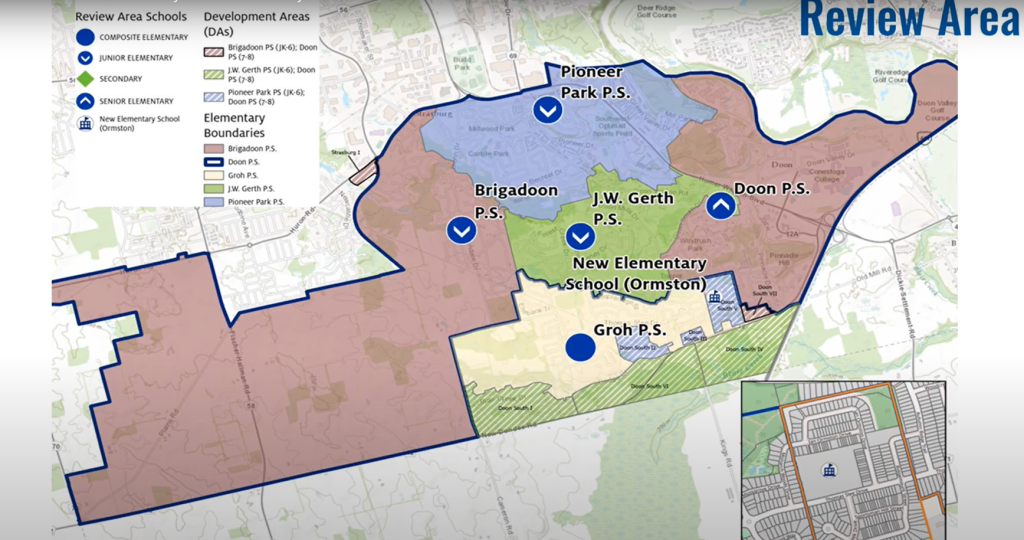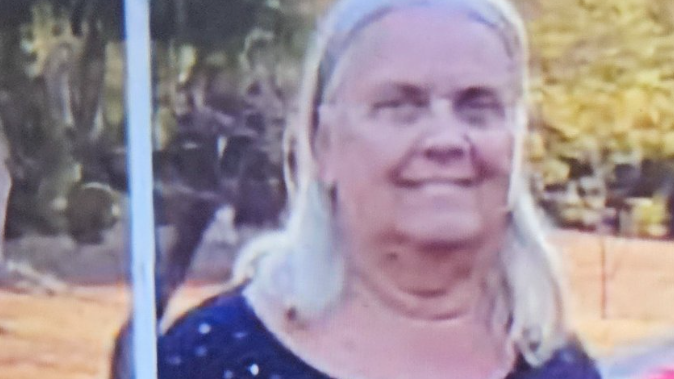Dramatic drop in world wildlife, things could get worse: report
Posted Oct 27, 2016 04:55:14 PM.
This article is more than 5 years old.
LONDON, UK. (NEWS 1130) – Habitat loss, pollution and climate change are being blamed for an incredible drop in wildlife populations around the globe over the past 40 years. A new report finds we have lost almost 60 per cent of the world’s vertebrates since 1970 and that number could jump to two-thirds by the end of this decade.
These startling figures come from the World Wildlife Fund and the Zoological Society of London which finds animals living in lakes, rivers and wetlands are suffering the biggest losses.
The Living Planet Report comes out every two years and this time researchers analyzed 3,700 species dating back to 1970, and to be clear, Lead Researcher Louise McRae says this is not loss of species but declines in their populations. “The positive news is that these declines can be reversed and they’re not yet species being lost, so there time to actually do something about this trend and start reversing it.”
Researchers conclude that vertebrate populations are declining by an average of two per cent each year, and warn that it nothing is done, wildlife populations could fall by 67 per cent below 1970 levels by the end of the decade.
Some of the solutions being suggested to help curb this problem including business models that include costs of environmental damage and a food system with less waste in the food chain and fewer chemical and fossil inputs.
“Wildlife is disappearing within our lifetimes at an unprecedented rate. This is not just about the wonderful species we all love, biodiversity forms the foundation of healthy forests, rivers and oceans. Take away species, and these ecosystems will collapse along with the clean air, water, food and climate services that they provide us. We have the tools to fix this problem and we need to start using them now if we are serious about preserving a living planet for our own survival and prosperity,” explains Director General of WWF International Marco Lambertini.
Experts are also pleading with people to change their behaviour as many say it’s driving the decline of wildlife, with a specific impact in freshwater habitats.










